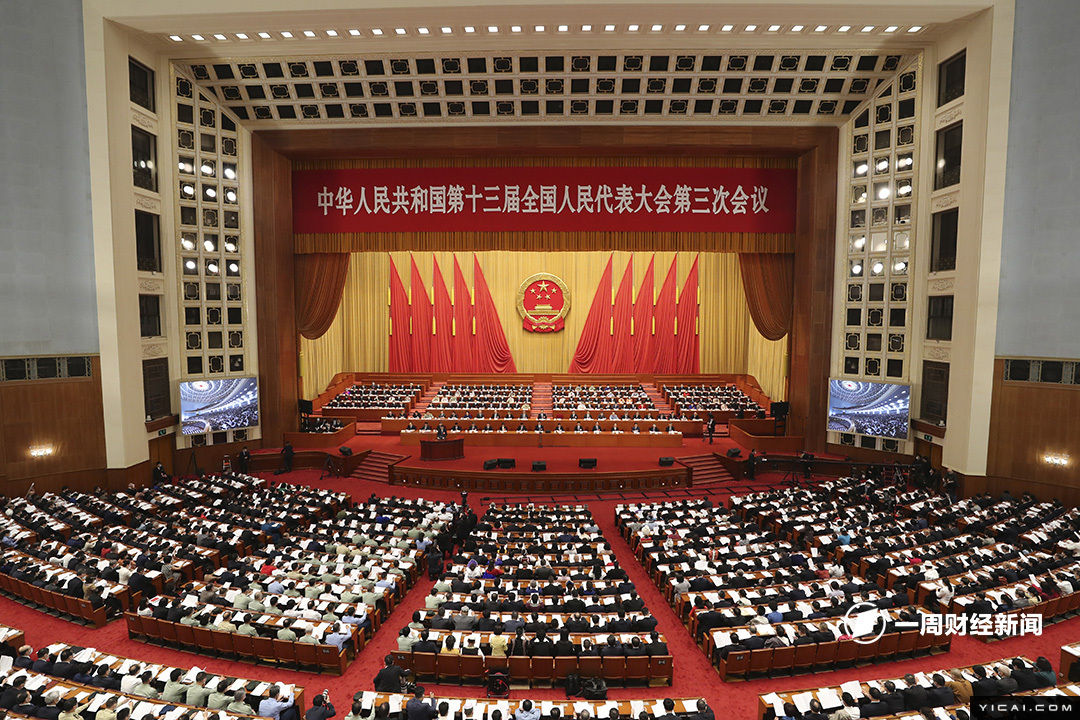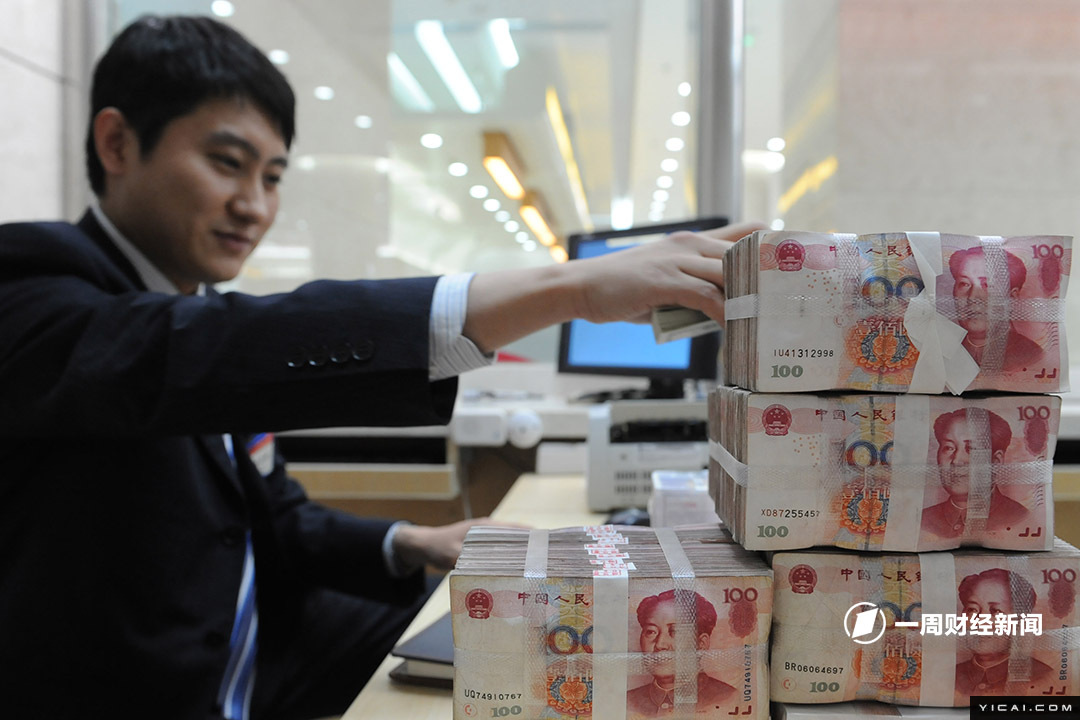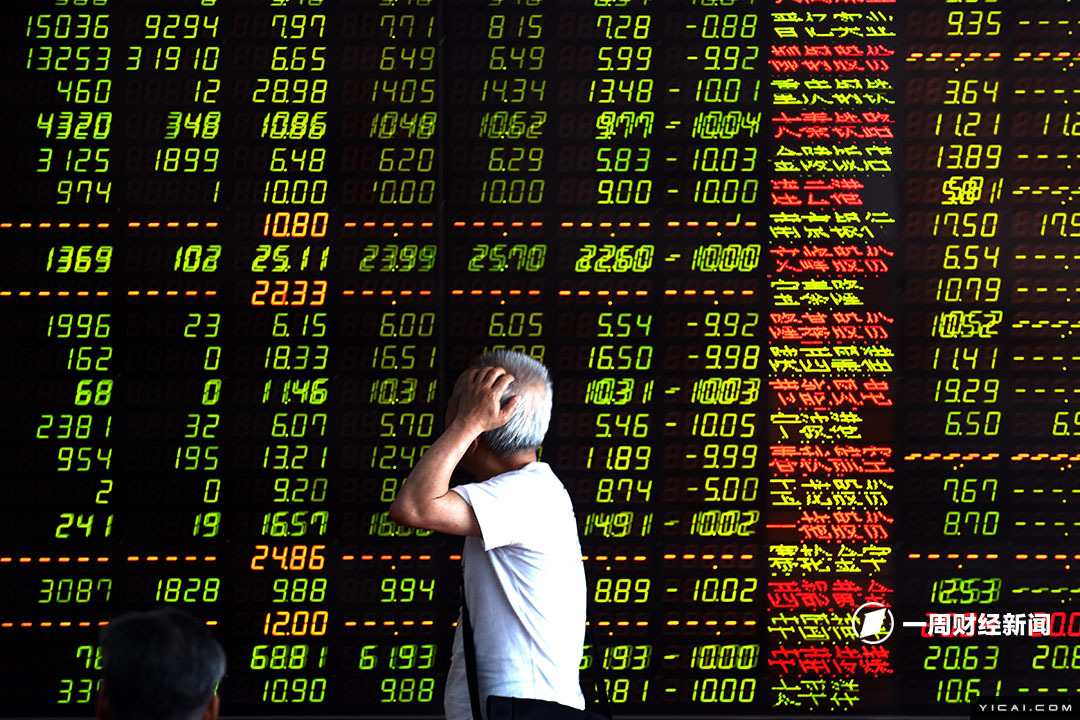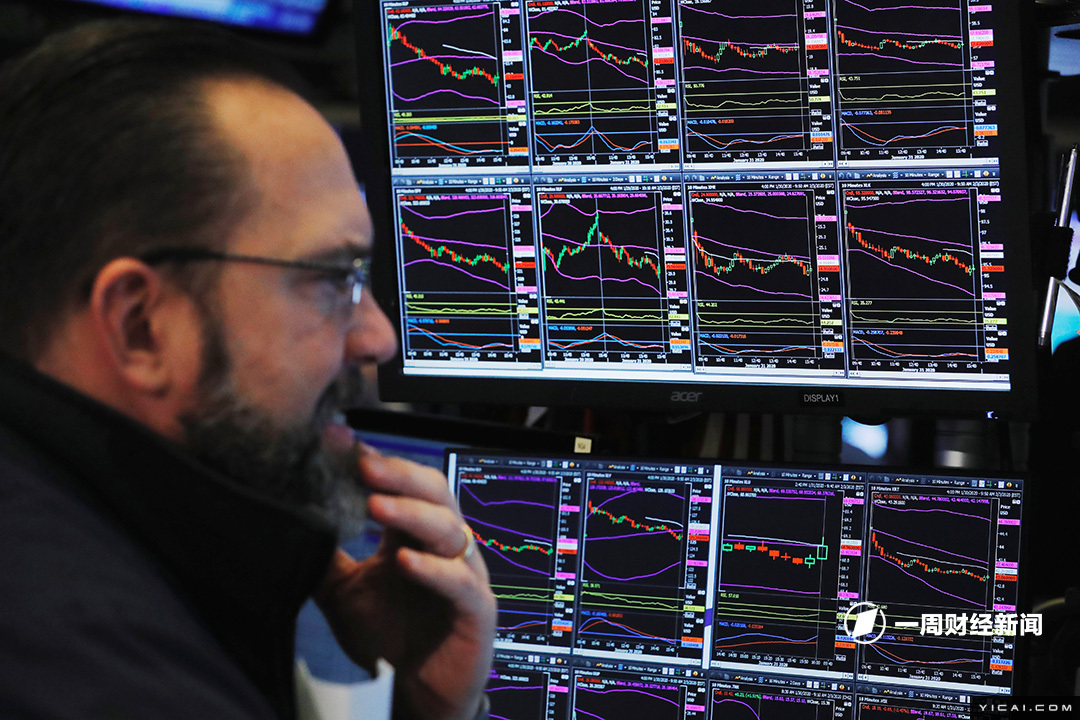 Last Week in Brief: China’s Top Financial News in the Week Ending May 24
Last Week in Brief: China’s Top Financial News in the Week Ending May 24(Yicai Global) May 25 --Chinese Premier Li Keqiang gave a speech on the government work report on May 22. The report set no goal for China’s economic growth this year, mainly out of consideration of the global Covid-19 pandemic and uncertainties in economy and trade. China will thus focus on stabilizing employment and ensuring people's livelihoods as the consumer price index is expected to rise around 3.5 percent this year.

China will set a deficit-to-GDP ratio of over 3.6 percent this year, which means the fiscal deficit will climb by CNY1 trillion (USD140 billion) from last year. The country will issue CNY1 trillion in government bonds to counter Covid-19 and use monetary policies such as cutting the required reserve ratio and interest rates to guide the broad money supply and tap social financing to grow much faster than last year, per the report.

China will strive more to cut taxes and fees and thus reduce companies’ production and operating costs, the report said, adding China will further cut taxes and fees by about CNY500 billion (USD70 billion) this year, extend the loan repayment periods for micro, small and medium firms, afford them greater access to new loans and greatly lower their financing costs.

China will strengthen new infrastructure construction this year, such as developing new generation information networks, expanding application of the fifth-generation communications network, and promoting new energy vehicles and charging piles to stimulate new consumer demand and help industry upgrade, the report noted.

The Shanghai Stock Exchange Composite Index closed at 2,812.77 points last week, down 1.91 percent for the week. The Shenzhen Stock Exchange Component Index closed at 10,604.97 points, down 3.28 percent. The ChiNext Index closed at 2,046.60 points, down 3.66 percent.

The stock prices of Chinese mainland companies listed in the US dropped more than 4 percent on May 22. The e-commerce giant Alibaba Group Holding closed 5.87 percent down at USD199.7, wiping USD33.4 billion from its market cap on that single day. The US Senate passed the Holding Foreign Companies Accountable Act earlier to enhance supervision over US- listed foreign companies.

Editors: Dou Shicong, Ben Armour